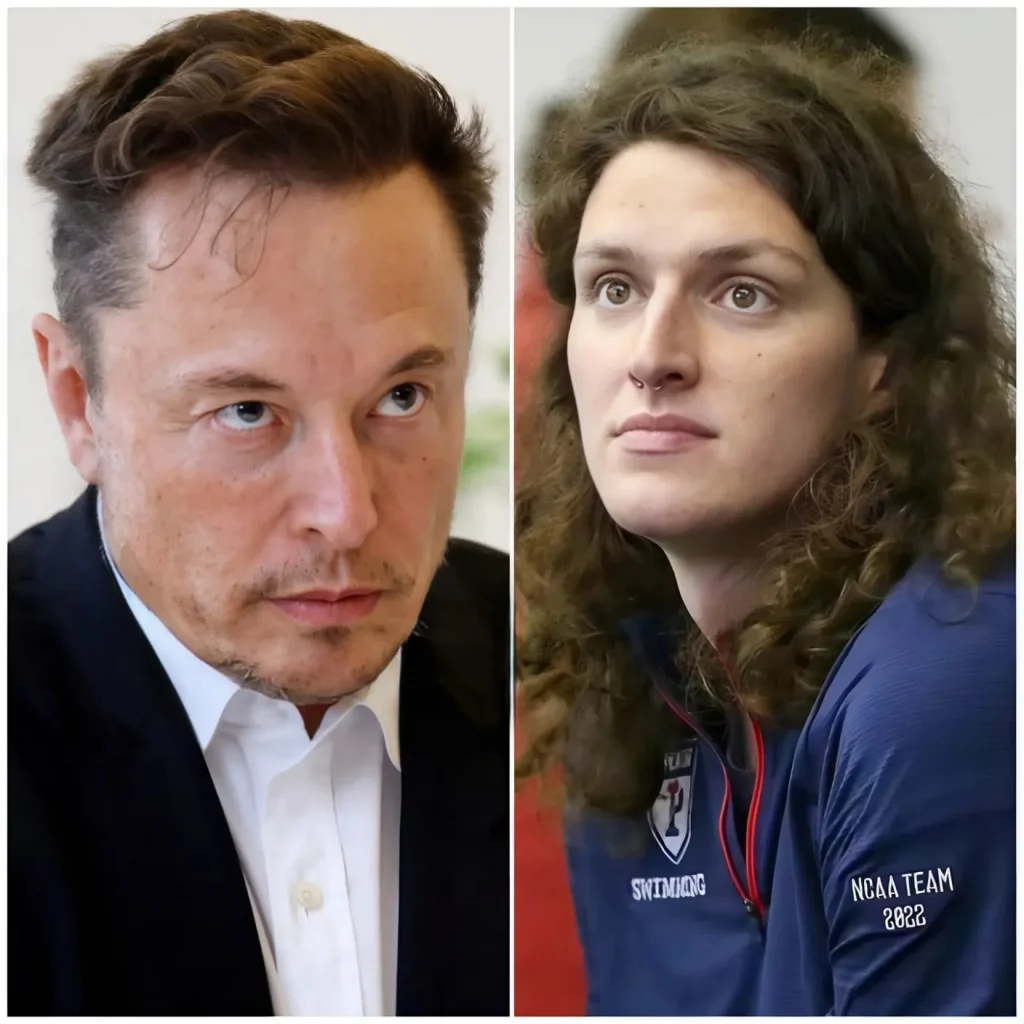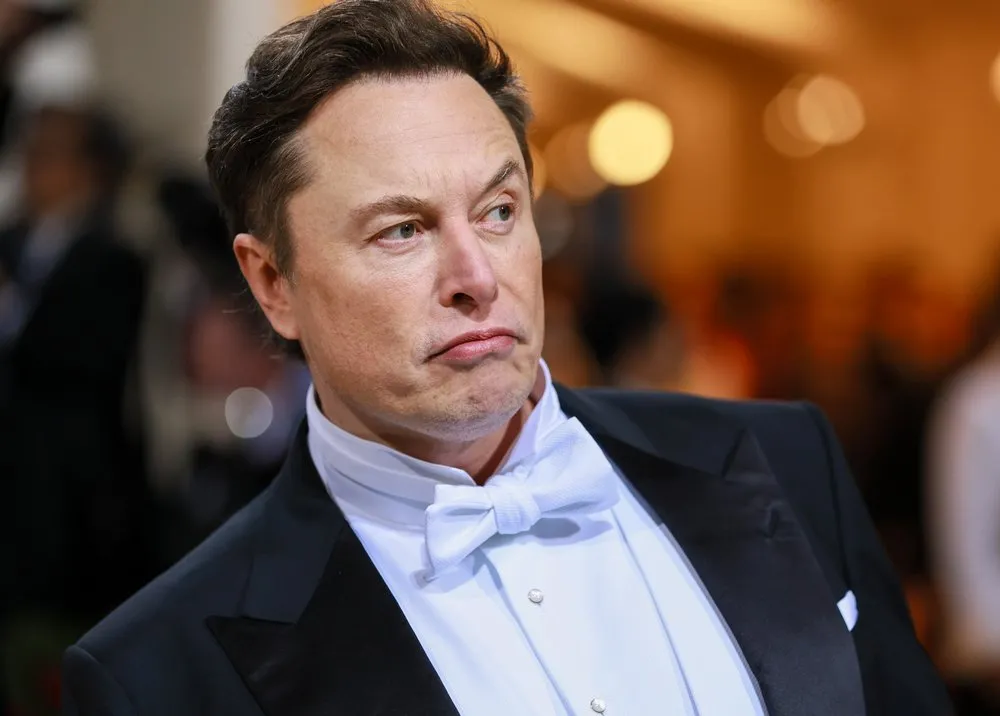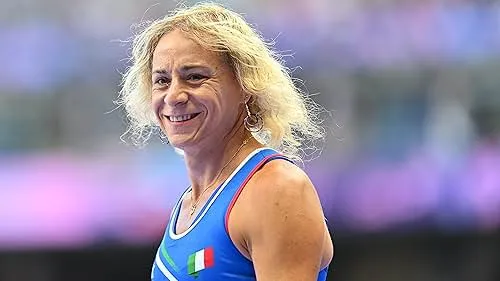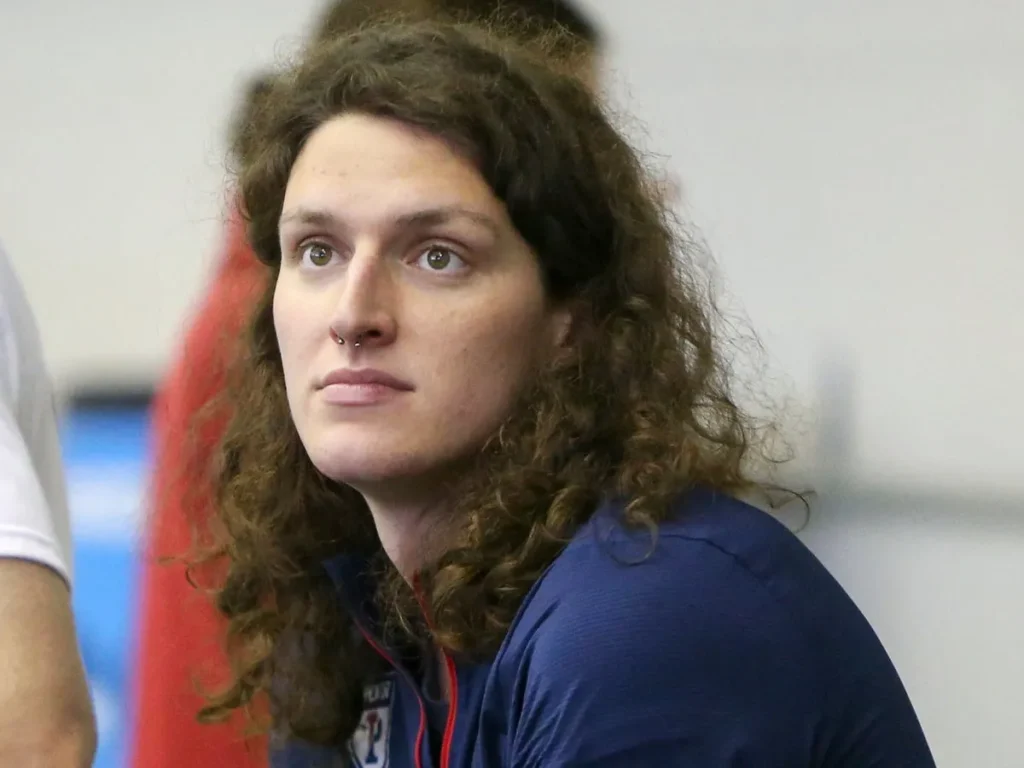According to Eloÿ Musk’s joint dispute statement, the boycott of “biological men” playing women’s sports has generated a lot of discussion on social media and elsewhere. According to the billionaire businessman and CEO of SpaceX and Tesla, the presence of biological men in women’s sports is bad for competition and fairness. He made this statement on Twitter. Since then, his remarks have garnered a lot of attention and have drawn criticism and support from a variety of social groups.

Moscow-based commentators have offered their opinions on the discussions surrounding international athletes’ participation in women’s sports. With more international athletes competing in women’s events, the problem has gotten worse in recent years. Athletes should be allowed to collaborate depending on their governing identity, according to those who support their exclusion. Moscow and other detractors contend that this levels the playing field, particularly in physically demanding sports where biological males may directly outperform them in terms of strength, speed, and power.

Eloï Mosk’s statement and the simultaneous dispute bring up significant issues of fairness and inclusivity in sports. On the one hand, the case for riders’ rights in sports is founded on the notions of equality and giving all athletes, regardless of gender identification, equal opportunity. However, some argue that such biological advantages can jeopardize the fairness of competitions, especially in top sports where winning frequently hinges on slight variations in performance.

Some people, especially those who value sporting integrity, have responded favorably to Moscow’s demand to boycott tournaments featuring biological males in women’s sports. We need to safeguard women. For others, the statement emphasizes the possibility of protecting passengers’ rights and guaranteeing fair competition in sports.

Given that it touches on more general societal issues pertaining to gender, equity, and human rights, this topic is unlikely to be settled anytime soon. Both sides will probably try to defend their positions as the discussion goes on in an attempt to strike a compromise that upholds the rights of international athletes as well as the equity of competition in women’s sports. Eloï MŅsk’s statement highlights the difficulty of handling these delicate topics in the current manner and adds another depth to the existing discussion.
